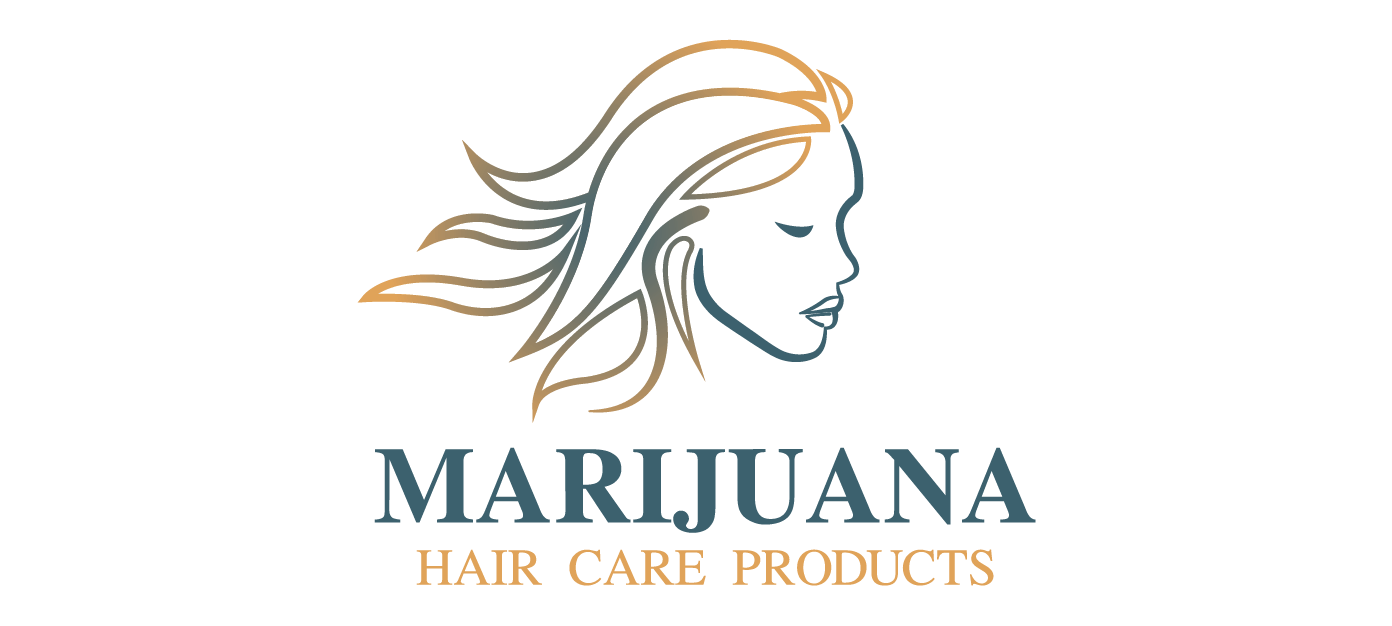CBD and Its Role in Hair Care
CBD (cannabidiol) is non-intoxicating and interacts with the skin and scalp through cannabinoid receptors and other molecular pathways. Scientific research suggests that CBD can help reduce inflammation, oxidative stress, and excess sebum—key factors that influence scalp comfort and overall hair health.
In cosmetic formulations, CBD is valued for its soothing, balancing, and conditioning properties. It is oil-soluble and works well with common emollients found in conditioners, serums, and masks. Many formulators use CBD to help calm irritated scalps, reduce dryness, and support a balanced scalp environment that encourages healthy hair growth. CBD is also easy to measure and standardize, allowing for consistent product quality and potency.
THC’s Limited Use in Hair Products
THC (tetrahydrocannabinol), the psychoactive compound in cannabis, is typically used sparingly—if at all—in hair care due to regulatory restrictions. THC activates certain receptors that can influence hair growth cycles, but its psychoactive potential and instability make it a less practical ingredient in cosmetics.
Most reputable brands use hemp-derived extracts that contain non-detectable or trace amounts of THC, staying within legal thresholds. Even when present, THC plays a minor or incidental role compared to CBD. Instead, formulators focus on the blend of cannabinoids, terpenes, and plant compounds that may offer additional cosmetic benefits through what is often called the “entourage effect.”
Consumer Experience and Safety
Consumers primarily notice that CBD-based hair products deliver scalp comfort, smoother texture, and less breakage. THC, when legally included in trace amounts, is not expected to produce noticeable effects in topical products.
CBD is considered safe for topical use, though individuals with sensitive skin should perform a patch test before regular use. Products containing THC must meet strict manufacturing and labeling standards to ensure compliance and prevent unintended exposure. Neither CBD nor THC should be promoted as a medical treatment in cosmetic products; their role is to enhance appearance and scalp condition, not to treat disease.
Choosing the Right Product
Consumers should look carefully at product labels. “Hemp seed oil” contains fatty acids but no cannabinoids, while “hemp extract,” “broad-spectrum hemp,” or “CBD” indicate the presence of active compounds. Reputable brands provide third-party certificates verifying CBD potency and THC compliance. For sensitive or dry scalps, fragrance-free CBD serums or lightweight masks can offer relief and hydration without heaviness.
Final Insight
In hair care, CBD is the leading cannabinoid for achieving healthy scalp and hair balance, backed by emerging dermatological research. THC’s use remains limited to compliant trace amounts. Ultimately, CBD offers the performance, stability, and safety that both consumers and cosmetic chemists value most.
Discover More: The Best CBD SPF + After-Sun Products Right Now

